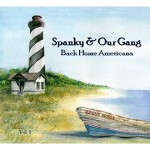 by Terry Roland
by Terry Roland
–The new Spanky and Our Gang played to a sold-out audience at Coffee Gallery Backstage in Altadena, California this month, not so much a reunion as an acknowledgement of the way Americana music connects us to our past and to each other.
With the exception of Elaine ”Spanky” McFarlane, the original players are gone. They included Oz Bach, Malcolm Hale and Nigel Pickering. They were important to the sound, the vocal harmonies and the arrangements that made songs like “Sunday Will Never Be The Same,””Can I Get To Know You” and “Lazy Day,” so appealing.
Indeed, their string of hits that made it to the Top 40 during a two-year period from 1967 to 1969, still can be heard on oldies and easy-listening radio stations today. During their active years, they were featured on national television shows like Ed Sullivan, the Smothers Brothers and The Hollywood Palace. But their legacy included much more than a few catchy hits.
With jazz and pop vocal arrangements that foreshadowed artists like Manhattan Transfer, they recast such songs as Leonard Cohen’s “Suzanne,” and “Echoes (Everybody’s Talking)” by Fred Neil as intricate pop vocal symphonies. This work never found a long-term audience and eventually the band fell apart. During a brief reunion in 1975, they released the album “Change,” which included songs by future Americana artists like Guy Clark and Tom Waits.
The current incarnation includes a collection of musicians who have joined Spanky’s musical journey over the years. Keyboardist Bob Ebenstein joined her when she was taking Cass Elliot’s place in the ‘80s line-up of the Mamas and Papas. Lead singer and acoustic guitarist Jim Carrick, was a close friend of Nigel Pickering. Gospel singer, Karen Dupont lives close to Spanky in Ferndale, California. Percussionist Eddie Ponder of the Flying Burrito Brothers, worked with Spanky during her L.A. folk-rock days. Bassist Chris Matheos is an accomplished music theorist. To fill things out, Denny Dias of Steely Dan has been added to provide a counterpoint to Jim’s acoustic lead guitar work.
This new band plays an eclectic spectrum of music, much like an accomplished jazz band. Their repertoire is fearless, covering a wide range of songs, including the set opener, “Sinner Man,” which dates back over a hundred years, a tribute to Etta James, a nod or two to Tom Waits, Guy Clark and Fred Neil and some fierce and passionate gospel singing from Karen Dupont. Especially inspired was her cover of Springsteen’s “Cover Me,” which was transformed into a righteous gospel song.
All of this eclecticism would have seemed disjointed without Spanky at the center, rendering acoustic re-arrangements of songs like “And She’s Mine,” and “Sunday Will Never Be The Same.”
Spanky led the musicians more like the heart of a late-night jam session than a frontwoman for a band. While her voice has deepened considerably since the late ‘60s, she still has an achingly soulful howl,whether she sings blues, jazz, folk or country.
The strongest moment of the show came with the closing song “Give A Damn.” This song still resonates, especially with today’s political movements from both the left and right, symbolized in Occupy Wall Street and the Tea Party Movement.
The controversy 40 years ago over the use of the word, “damn” overshadowed the message of the song, which speaks to the need for everyday humanity and compassion for the poor and displaced. But as the two-hour show came to an end, it was clear that taking a good wakeful look around is needed more than ever.
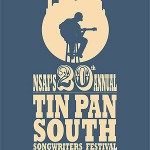 You’ll find great music in Nashville’s clubs all this week as they host the annual Tin Pan South Festival, a celebration of songwriters. Venues all over town feature singers and songwriters, typically in the round in groups of four. The performances are short on flash and high in talent.
You’ll find great music in Nashville’s clubs all this week as they host the annual Tin Pan South Festival, a celebration of songwriters. Venues all over town feature singers and songwriters, typically in the round in groups of four. The performances are short on flash and high in talent.
 by Terry Roland
by Terry Roland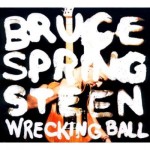 by Terry Roland
by Terry Roland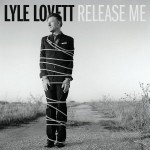 It’s been a relatively stable week on the
It’s been a relatively stable week on the  By Ken Paulson
By Ken Paulson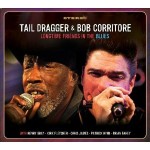 By Joe Ross
By Joe Ross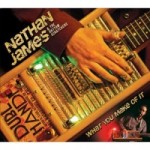 By Joe Ross
By Joe Ross Lyle Lovett’s Release Me shot to the top of the
Lyle Lovett’s Release Me shot to the top of the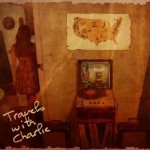 By Ken Paulson
By Ken Paulson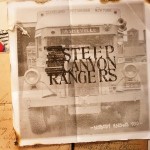
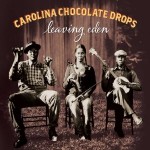 The top three positions on the
The top three positions on the 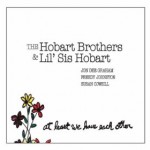
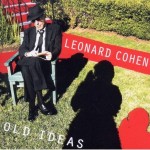 By Bruce Rosenstein
By Bruce Rosenstein Darrell Scott’s Long Ride Home moves into the top spot on the Americana music
Darrell Scott’s Long Ride Home moves into the top spot on the Americana music